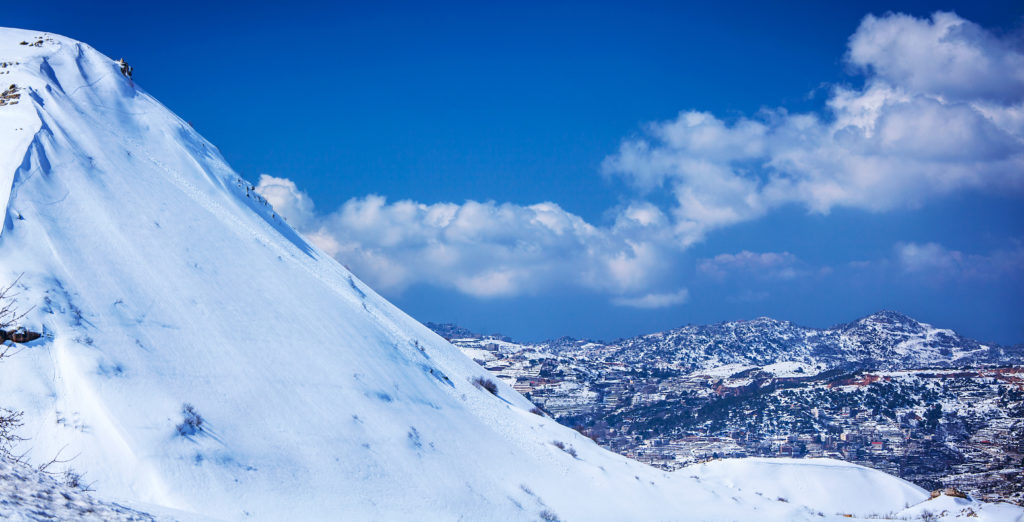Explore Lebanon’s Snowy Peaks this Winter

Explore Lebanon’s Snowy Peaks this Winter
The Middle East may not be the most obvious destination for alpine sports, but the unique topography of Lebanon actually makes it ideal for a wide range of snow activities. Today, it boasts six different stellar ski destinations spread across the country.
